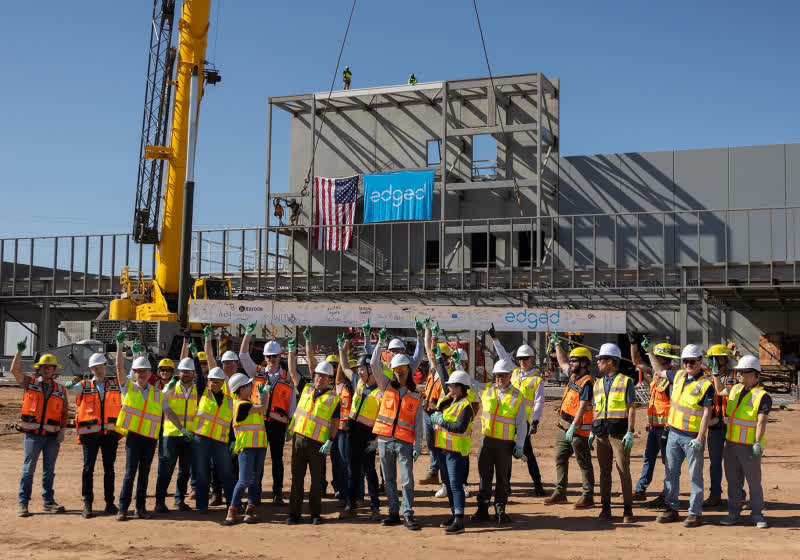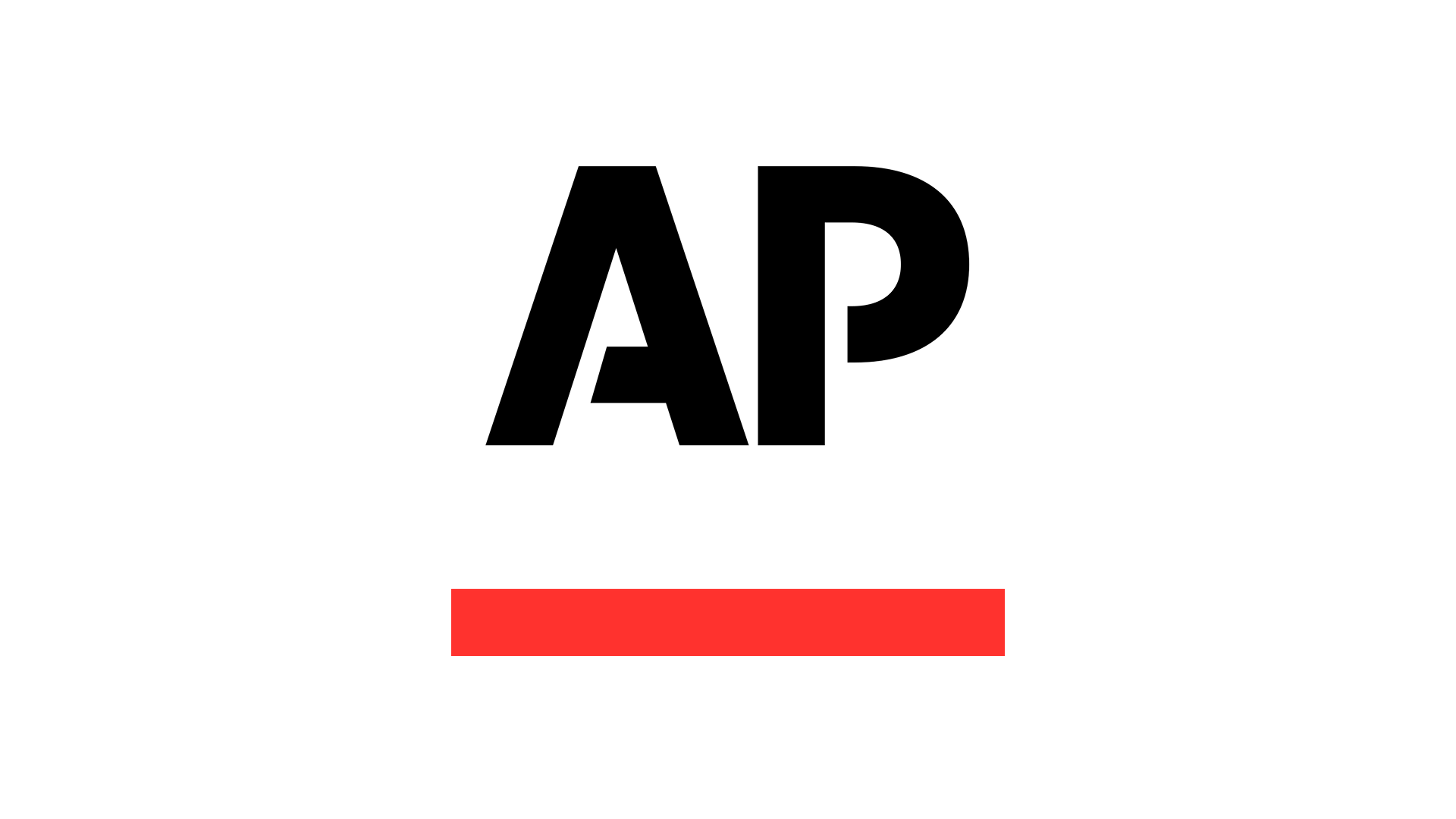
Artificial intelligence (AI) is poised to initiate a significant transformation in employment, particularly within the banking sector and other knowledge-based industries. This assertion comes from Klarna CEO Sebastian Siemiatkowski, who shared his insights during an interview with Bloomberg Television on October 10, 2023. Siemiatkowski highlighted the example of the 8,000 translators currently operating in Brussels, suggesting that their roles could increasingly be fulfilled by AI technologies, with human workers primarily tasked with quality assurance.
“The point is, you don’t need as many as we did,” Siemiatkowski stated. He emphasized that a substantial shift is on the horizon, urging society to consider the implications of this change. While he acknowledged that new job opportunities will emerge, he expressed concern about the immediate impact on current workers, particularly in translation roles.
Over the past two years, Klarna has experienced a drastic reduction in its workforce, shrinking from 7,400 employees to 3,000. This downsizing occurred despite a notable increase in both revenue and customer base. Siemiatkowski attributed this shift to a strategic decrease in recruitment practices, which helped the company avoid layoffs during a period of growth.
“Our job is to drive as much value at the best possible price to our customers, and we need to use these technologies to accomplish that,” Siemiatkowski remarked. He added that the implications of AI will extend beyond Klarna, affecting a wide array of knowledge-based professions.
A report by PYMNTS titled “Generation AI: Why Gen Z Bets Big and Boomers Hold Back” revealed that 33% of generative AI users harbor concerns regarding potential job losses due to the technology. Members of Generation Z, in particular, are the most apprehensive, with 38% expressing worries about job security. In contrast, only 29% of Generation X respondents reported similar concerns.
In her analysis, PYMNTS CEO Karen Webster commented on the ongoing shift in workplace dynamics. She noted that leading companies are not merely focused on time-saving measures but are also examining how to reposition their workforce to adapt to this new reality. “They’re asking, ‘How do we reinvest our collective workforce capacity to become a different company?’” Webster explained. This may ultimately lead to fewer employees in certain sectors, creating opportunities for those individuals in other industries that require additional staffing.
As AI continues to evolve, its impact on the workforce will be a critical issue for businesses and employees alike. The dialogue surrounding AI’s role in the future of work underscores the need for proactive strategies to manage the transition while ensuring that the workforce is prepared for the challenges and opportunities that lie ahead.






